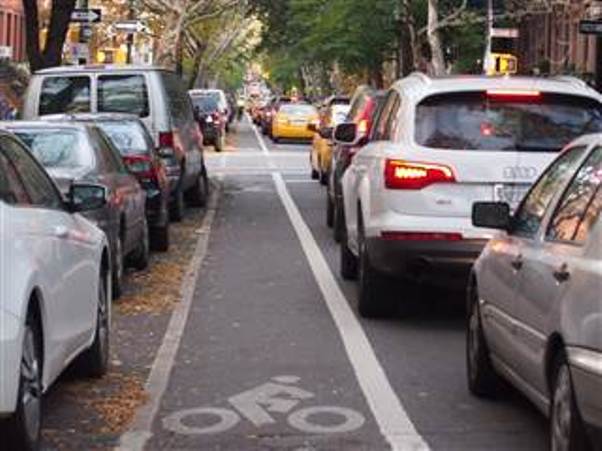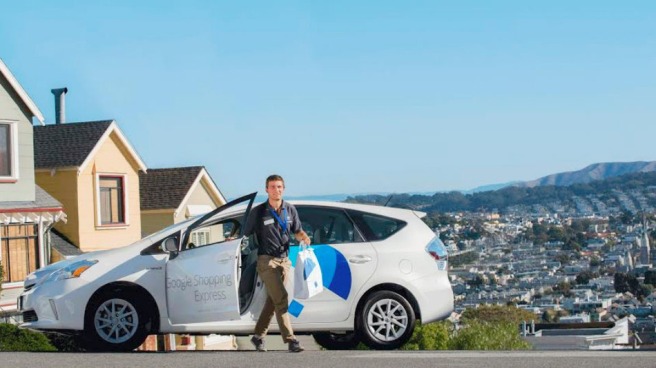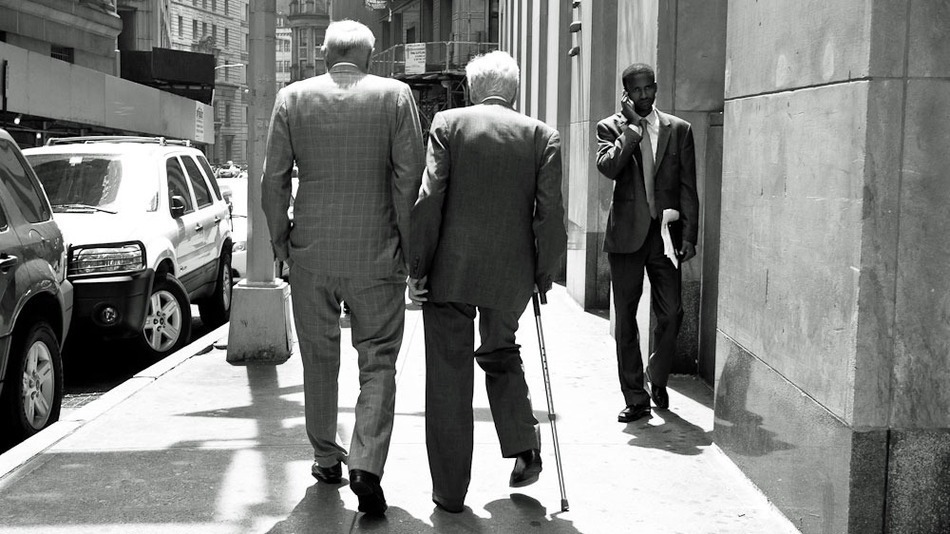 Fewer people at work, fewer people driving. It's a simple equation and one that a lot of experts use to explain the notable drop in the total miles U.S. motorists clocked during the depths of the recession.
Fewer people at work, fewer people driving. It's a simple equation and one that a lot of experts use to explain the notable drop in the total miles U.S. motorists clocked during the depths of the recession.
So how to explain that even as the economy shows real signs of recovery the number of miles driven continues to decline? That report from the Federal Highway Administration is just the latest indication that Americans may be falling out of love with their automobiles.
Read more: Shake up at Renault/Nissan after Senior Exec Says He'd Like to Head GM or Ford
“For almost 40 years, auto usage, as measured by vehicle miles traveled, closely tracked real gross domestic product. (Miles traveled) dropped during the most recent recession, as it has during previous ones. But unlike after prior recessions, it still hasn't recovered,” notes a report from the John A. Volpe National Transportation Systems Center.
The study by Volpe Transportation Center researchers Don Pickrell and David Pace found that the number of miles individuals are driving has been declining sharply in recent years. That figure peaked at an average 900 miles per month in July 2004. By July 2012 it was down to 820 a month, a figure the researchers hadn't seen since the final years of the last Millennium.
“Some causes aren't new,” said Pace. “Car ownership is essentially at its saturation point. Baby boomers drive less as they age. It's more expensive to purchase and own a car.”
Younger motorists may be driving less not only because of the cost of buying and operating a vehicle but also because of new restrictions on teen licensing.
The Volpe study discovered some other, unexpected shifts. There's been a notable drop in the vehicle miles traveled by young adults, a group that traditional clocked more miles than most other groups, especially in a positive economic cycle.
Other observations:
· The decline in driving has been much more significant among men than women;
· Driving by men has, in fact, declined in every age group except for those older than 65;
· Miles driven by women between the ages of 20 to 34 has dropped since the early part of this millennium.
Women older than their mid-30s are driving more, however, as are seniors of both genders.
Contrary to conventional wisdom, the two researchers contend the decline in vehicle miles traveled does not reflect a switch to other modes of transportation, whether mass transit, biking or walking. While there are clearly more telecommuters, their study found that accounted for barely 1 percent of the overall decline. Even the growth in e-shopping didn't explain what is happening.






